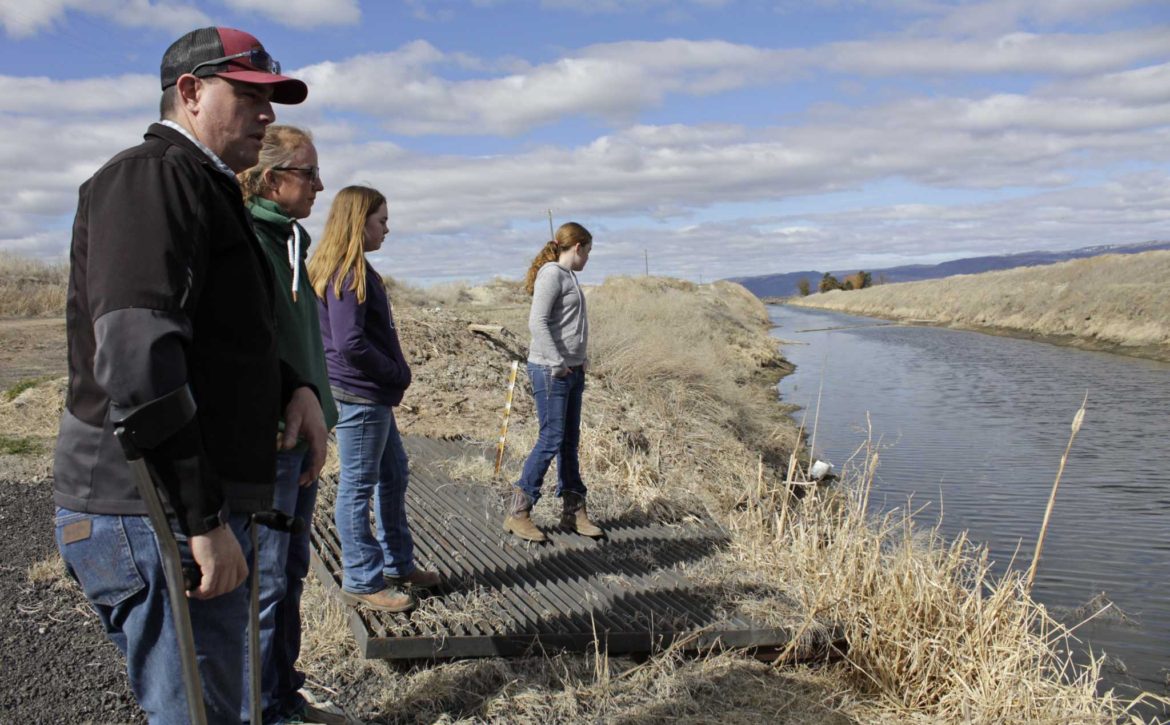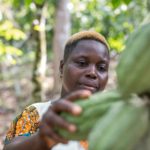
Tensions rise in water battle along Oregon-California line
PORTLAND, Ore. (AP) — One of the worst droughts in memory in a massive agricultural region straddling the California-Oregon border could mean steep cuts to irrigation water for hundreds of farmers this summer to sustain endangered fish species critical to local tribes.
The U.S. Bureau of Reclamation, which oversees water allocations in the federally owned Klamath Project, is expected to announce this week how the season’s water will be divvied up after delaying the decision a month.
For the first time in 20 years, it’s possible that the 1,400 irrigators who have farmed for generations on 225,000 acres (91,000 hectares) of reclaimed farmland will get no water at all — or so little that farming wouldn’t be worth it. Several tribes in Oregon and California are equally desperate for water to sustain threatened and endangered species of fish central to their heritage.
A network of six wildlife refuges that make up the largest wetland complex west of the Mississippi River also depend on the project’s water, but will likely go dry this year.
The competing demands over a vanishing natural resource foreshadow a difficult and tense summer in a region where farmers, conservationists and tribes have engaged in years of legal battles over who has greater rights to an ever-dwindling water supply. Two of the tribes, the Klamath and Yurok, hold treaties guaranteeing the protection of their fisheries.
The last — and only — time that water was cut off for irrigators, in 2001, some family farms went out of business and a “bucket brigade” protest attracted 15,000 people who scooped water from the Klamath River and passed it, hand over hand, to a parched irrigation canal. The farmers-vs.-fish debate became a touchstone for Republicans who used the crisis to take aim at the Endangered Species Act, with one GOP lawmaker…
Read More


